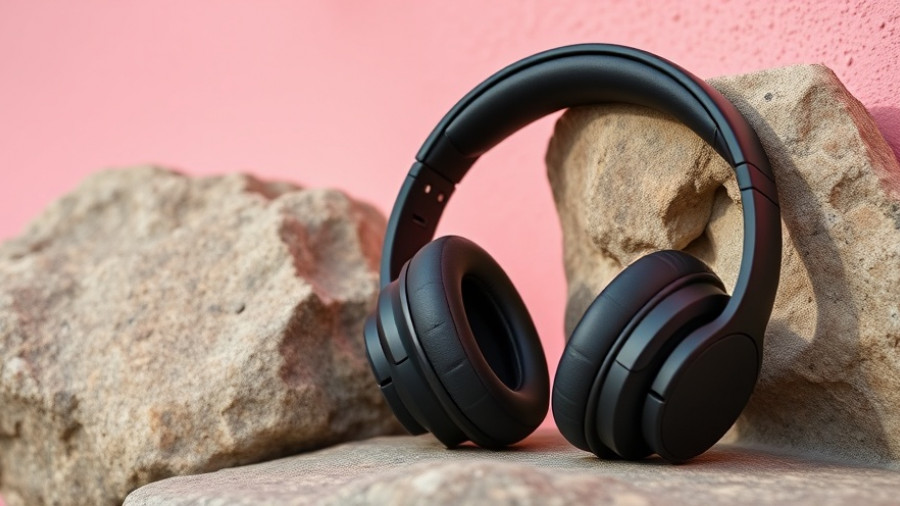
Is Microsoft's Copilot the Future of Windows Navigation?
In a move that may signal what’s on the horizon for Windows operating systems, Microsoft has initiated a significant update to the Copilot app on Windows 11. No longer is this AI assistant merely a tool for querying; it’s evolving into a more integrative experience that melds with your operating system. The recently revamped homepage of Copilot shifts from a chat-centric interface to one that echoes the familiar layout of the Start menu. This design change raises questions about whether it’s just a tweak or a precursor to a much broader transformation within Windows, possibly hinting at features of the anticipated Windows 12.
Understanding the New Layout: What's Changed?
Gone is the singular focus on typed queries, replaced by a more dynamic interface featuring four panels. These panels allow users to resume work with recently accessed files, revisit previous conversations with the Copilot, and initiate guided help sessions with applications. This holistic approach means that users can perform tasks directly from Copilot, like reopening a document right within Word, thus enhancing productivity and streamlining workflow. The integration seems to be designed to build a bridge between AI interactions and everyday tasks within Windows.
Envisioning a Future Driven by AI
The shift towards an interface inspired by the Start menu could be an indicator of future developments that bring Copilot deeper into the experience of using Windows. Some speculate that Microsoft might pivot towards establishing a Start menu powered entirely by AI capabilities. Imagine an interface that learns and adapts to your activities, guiding you seamlessly to what you need based on your previous interactions. If this concept becomes a reality, it could revolutionize how users interact with their computers—making technology less of a barrier and more of an assistant.
Connecting AI Innovations to User Experience
The rollout is not immediate, which means Microsoft is taking its time to implement changes that might not be fully activated on all devices right away. While there are always tech enthusiasts and early adopters eager to test new updates, it’s the broader user base that will ultimately define the success of this change. For the average Windows user, these adjustments could represent a significant improvement in day-to-day functionalities, ensuring that help is always at your fingertips, guided by AI.
Implications for Users: A Different Approach to Efficiency
As Microsoft expands Copilot's features, it also prompts us to consider how we can maximize efficiency in our use of Windows. Utilizing the AI's guidance on apps not only saves time but also encourages exploring features that may not have been previously leveraged. This could serve as a powerful catalyst for users who feel overwhelmed by the myriad of applications available at their fingertips. Understanding how AI integration can simplify these processes is vital for maximizing its potential.
As we observe these changes in Copilot, it's crucial to keep an eye on how Microsoft continues to innovate. The need for user-friendly interfaces coupled with powerful AI function is higher than ever. Today’s changes could be merely the tip of the iceberg in a series of transformations designed to create smarter, more intuitive Windows experiences.
 Add Row
Add Row  Add
Add 




Write A Comment